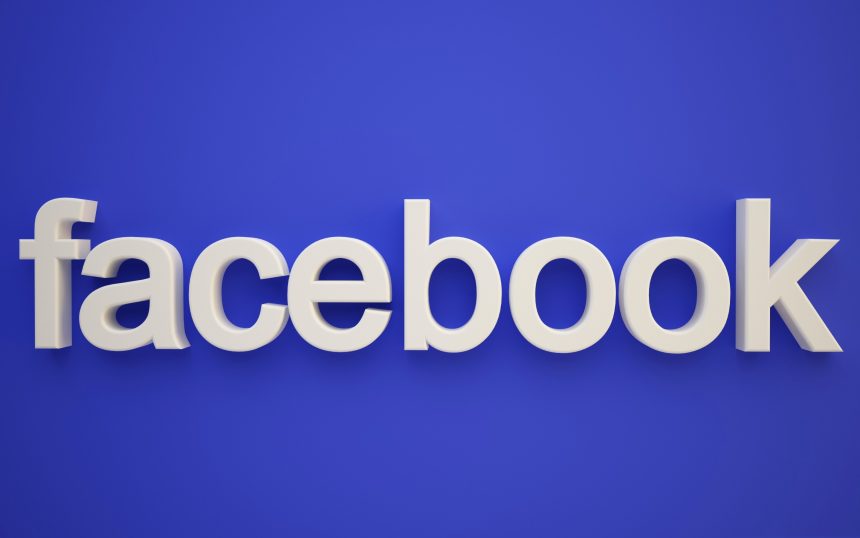In a move that has sparked significant debate, Papua New Guinea (PNG) has temporarily blocked access to Facebook, aiming to address concerns over the spread of fake news, hate speech, and explicit material on the platform.
Government’s Justification for the Ban
The shutdown commenced on March 24, 2025, under the directive of Police Minister Peter Tsiamalili. He stated that the action was taken under the nation’s anti-terrorism laws to ensure responsible use of social media platforms. Tsiamalili emphasized that the proliferation of misinformation, hate speech, child exploitation, and incitement to violence on platforms like Facebook posed significant threats to the safety and well-being of PNG’s citizens.
Public and Institutional Reactions
The ban has been met with criticism from various sectors. Neville Choi, president of the Media Council of PNG, labeled the move as bordering on political autocracy and an abuse of human rights. Opposition MP Allan Bird described the action as “draconian,” expressing concerns over the expansive powers granted to the police minister under the new anti-terrorism law. Bird warned that such measures could lead the country into “dangerous territory” with limited checks on governmental authority.
Additionally, the National Information and Communication Technology Authority (NICTA) revealed that it was not informed of the government’s plans prior to the implementation of the ban. NICTA’s chief executive, Kila Gulo-Vui, stressed the importance of transparency and collaboration among stakeholders in matters of digital governance.
Economic and Social Implications
The blockage of Facebook, a platform with approximately 1.3 million users in PNG, has disrupted various facets of daily life. Many small business owners who rely on the platform for commerce have expressed concerns over the impact on their operations. John Pora, chairman of the Small and Medium Enterprise Corporation, highlighted the uncertainty faced by informal sector traders due to the sudden unavailability of the platform.
Historical Context and Future Outlook
This is not the first instance of PNG restricting access to Facebook. In 2018, the government imposed a similar month-long ban to address issues related to fake profiles and content. The current ban follows a parliamentary inquiry launched in 2023 into media disinformation and the role of social media platforms in the country.
As the situation develops, it remains unclear how long the current ban will persist. The government’s actions have ignited a broader conversation about the balance between ensuring online safety and upholding digital freedoms in Papua New Guinea.
Also learn about Internationally Acclaimed Film ‘Santosh’ Blocked in India Over Portrayal of Police Brutality.











